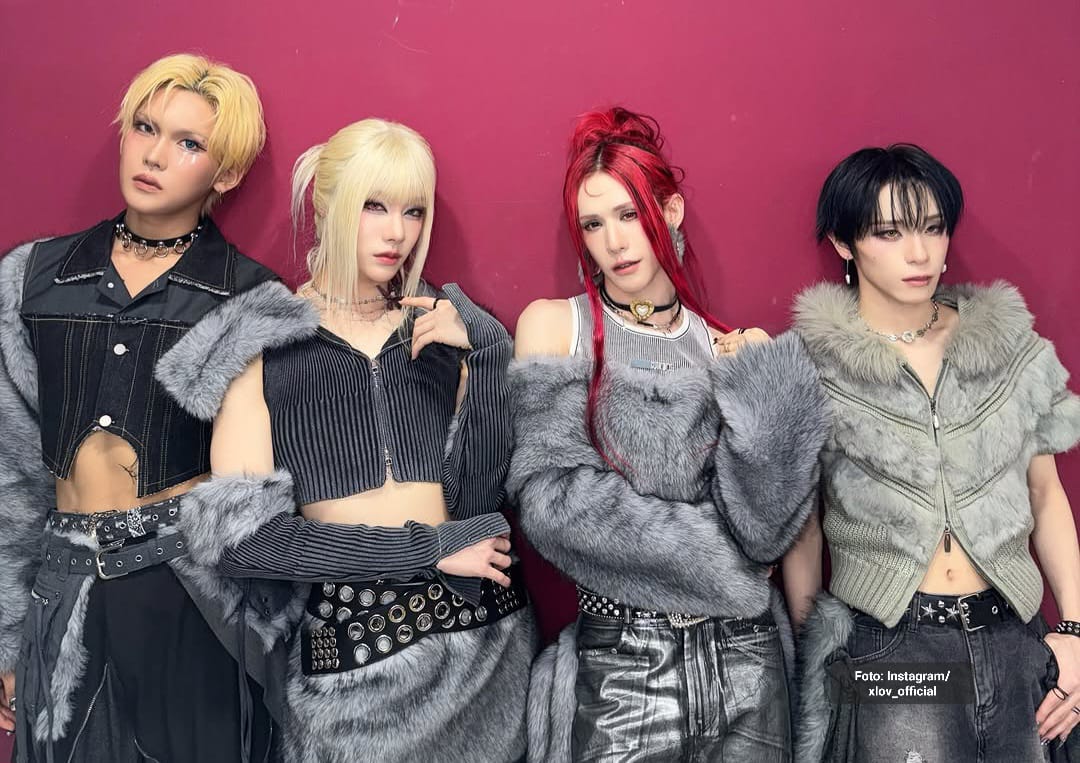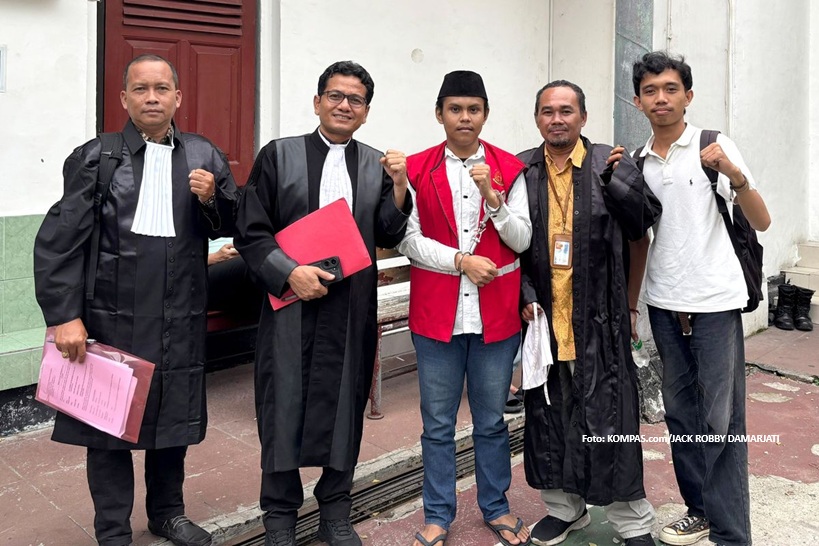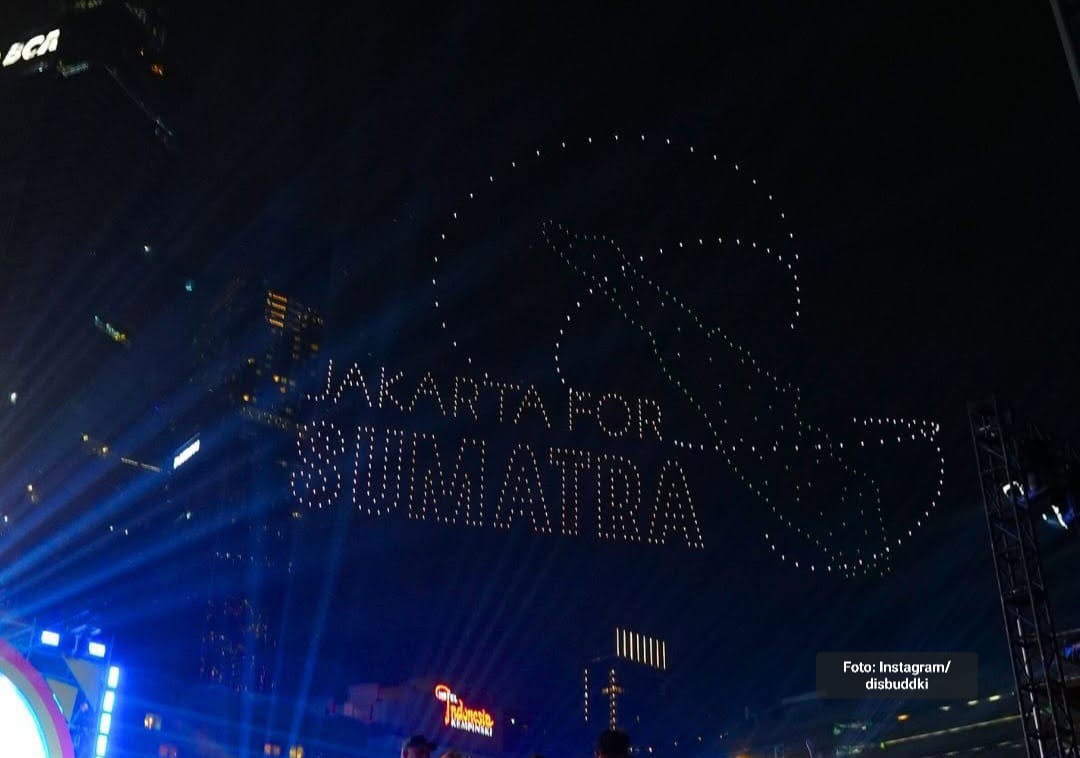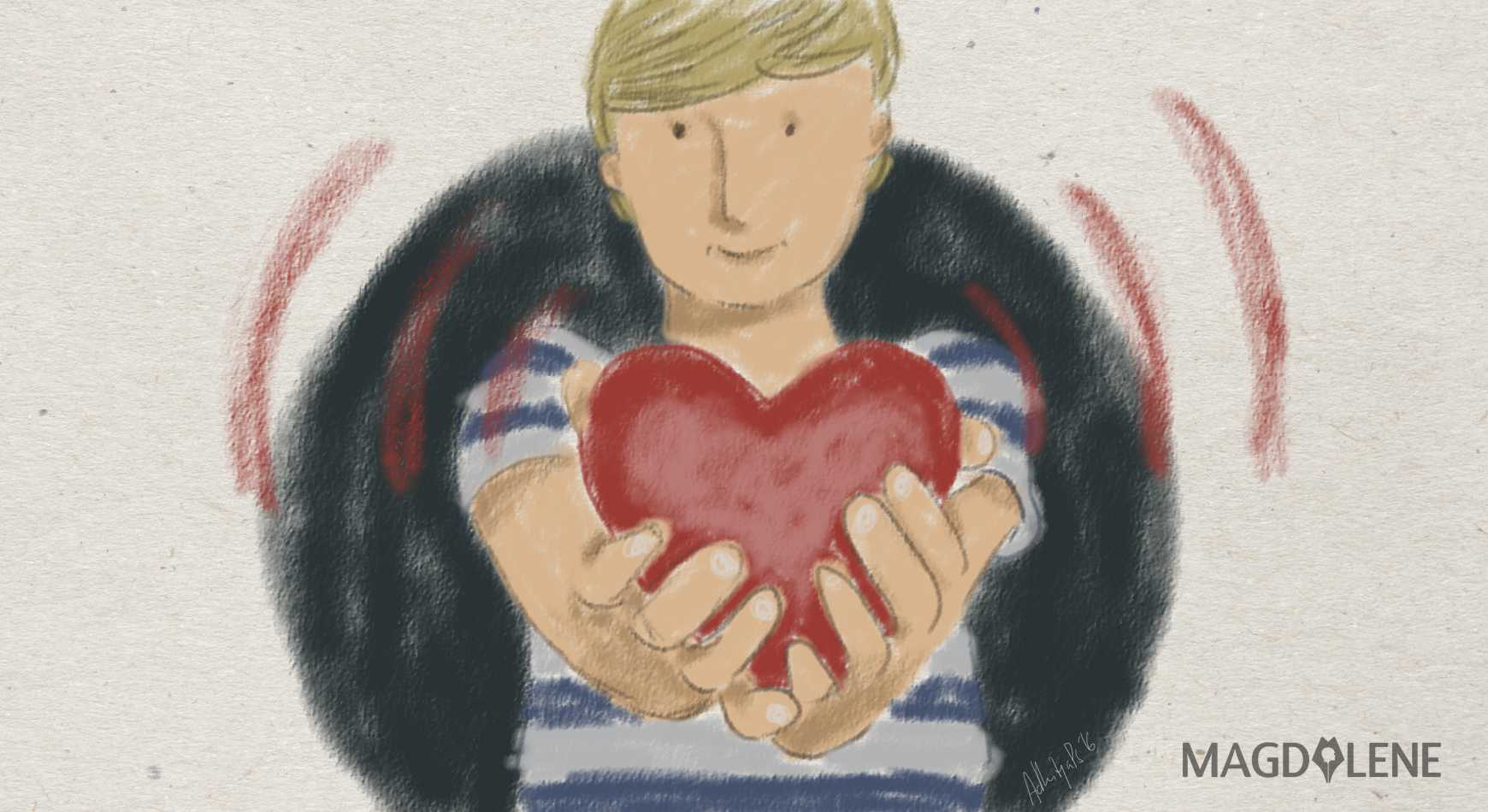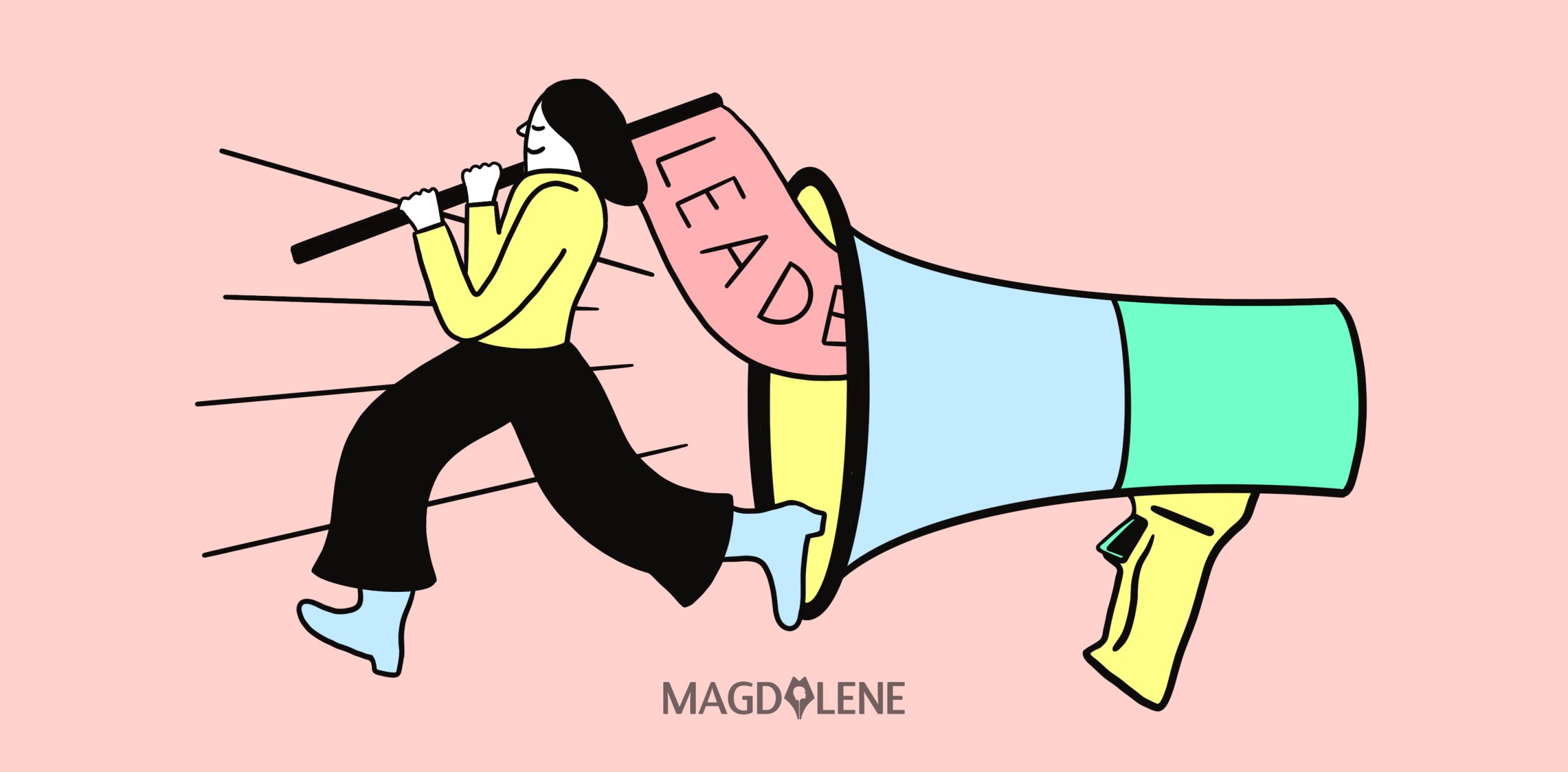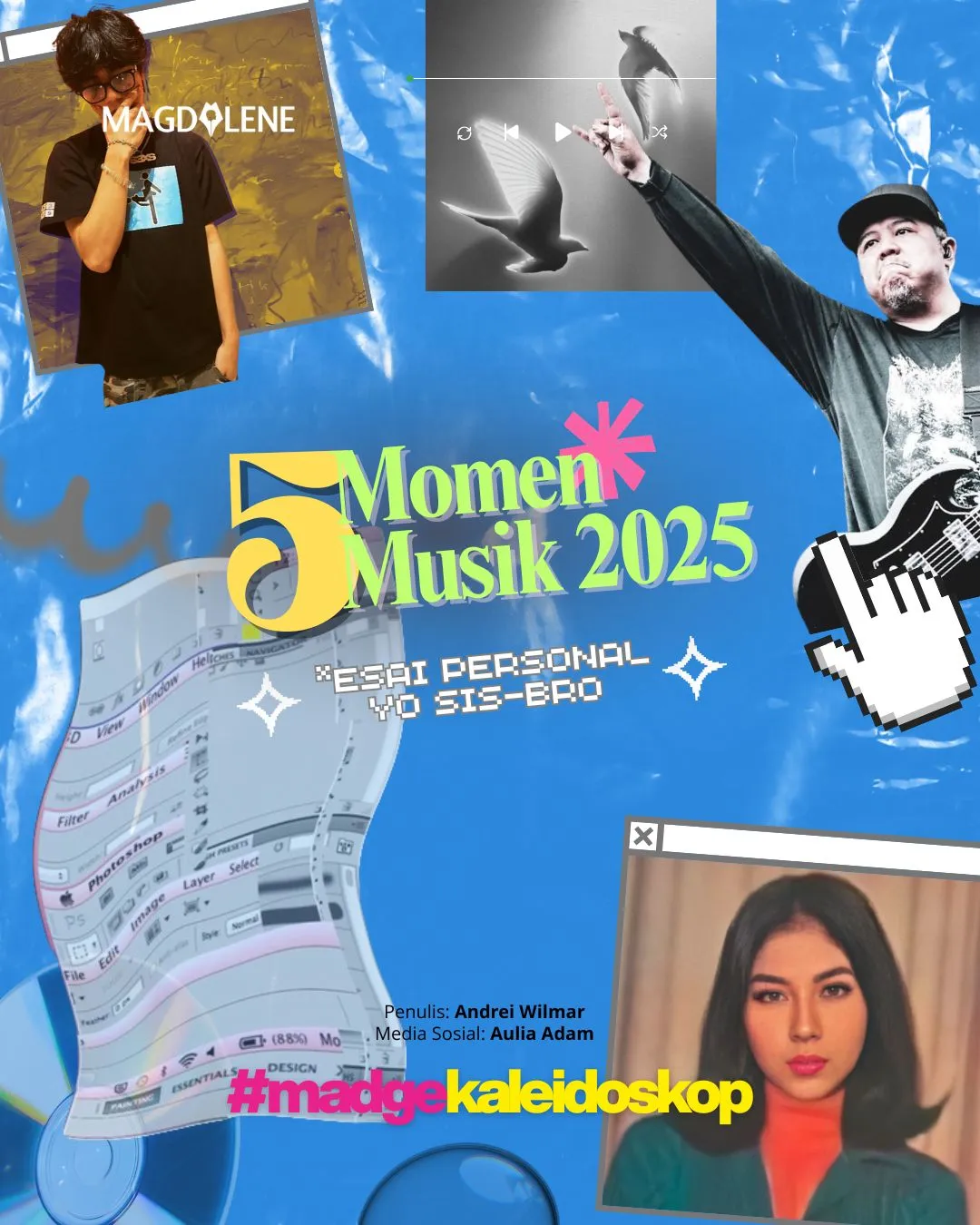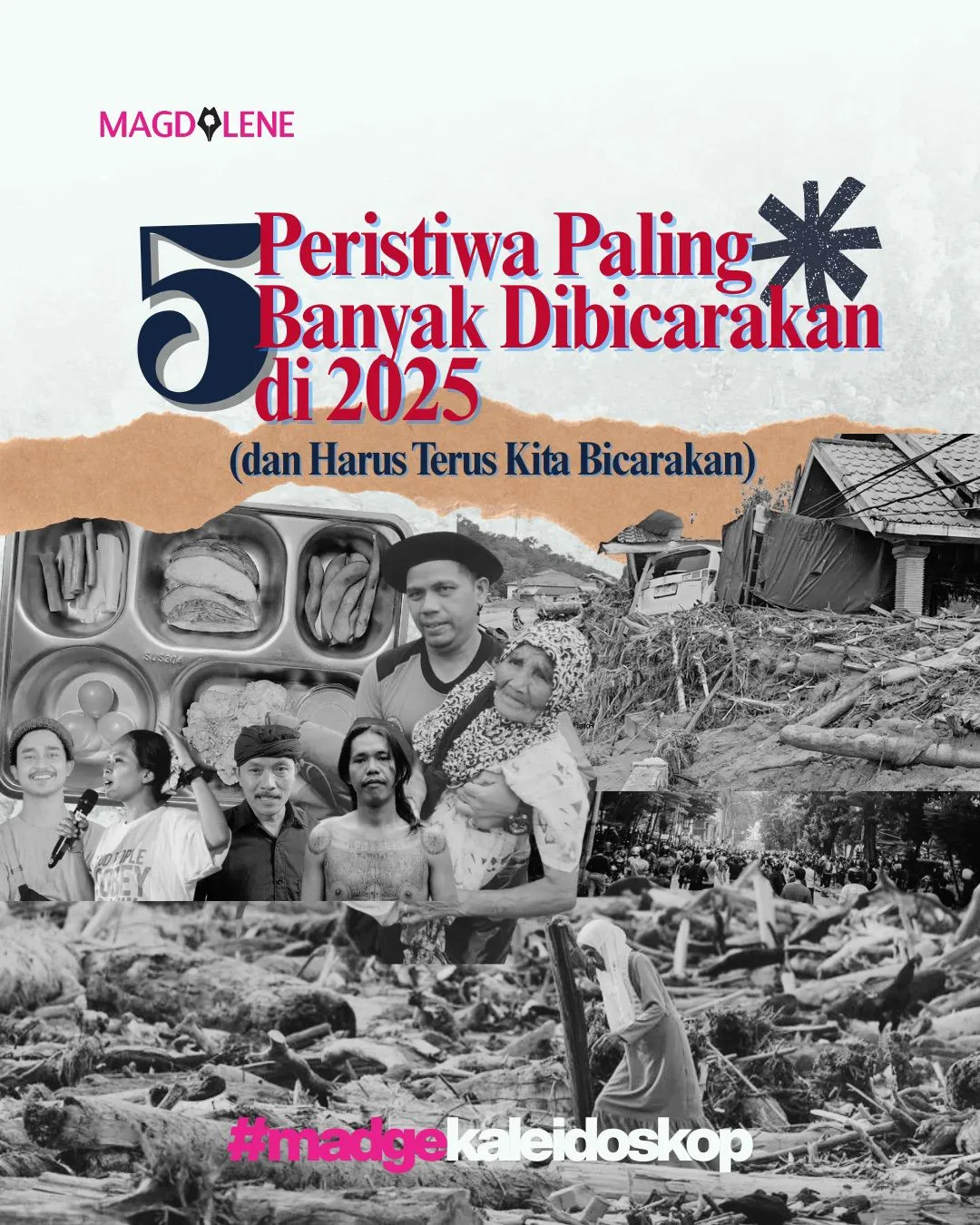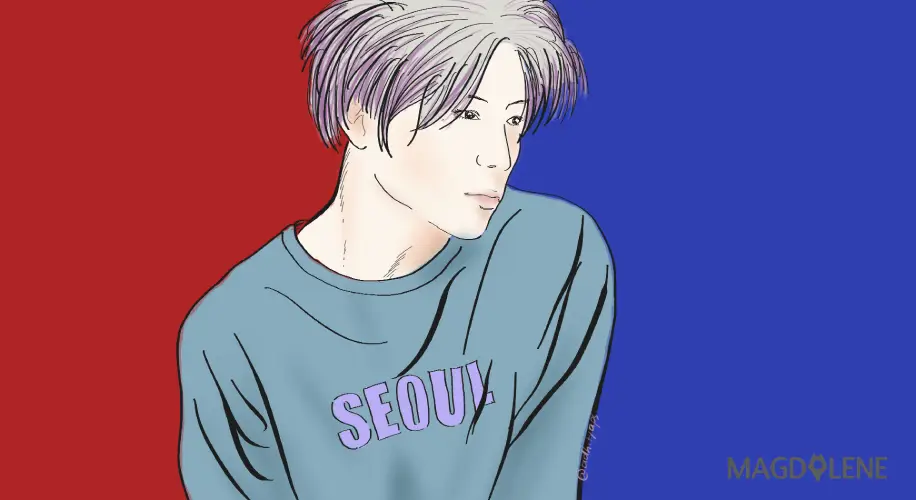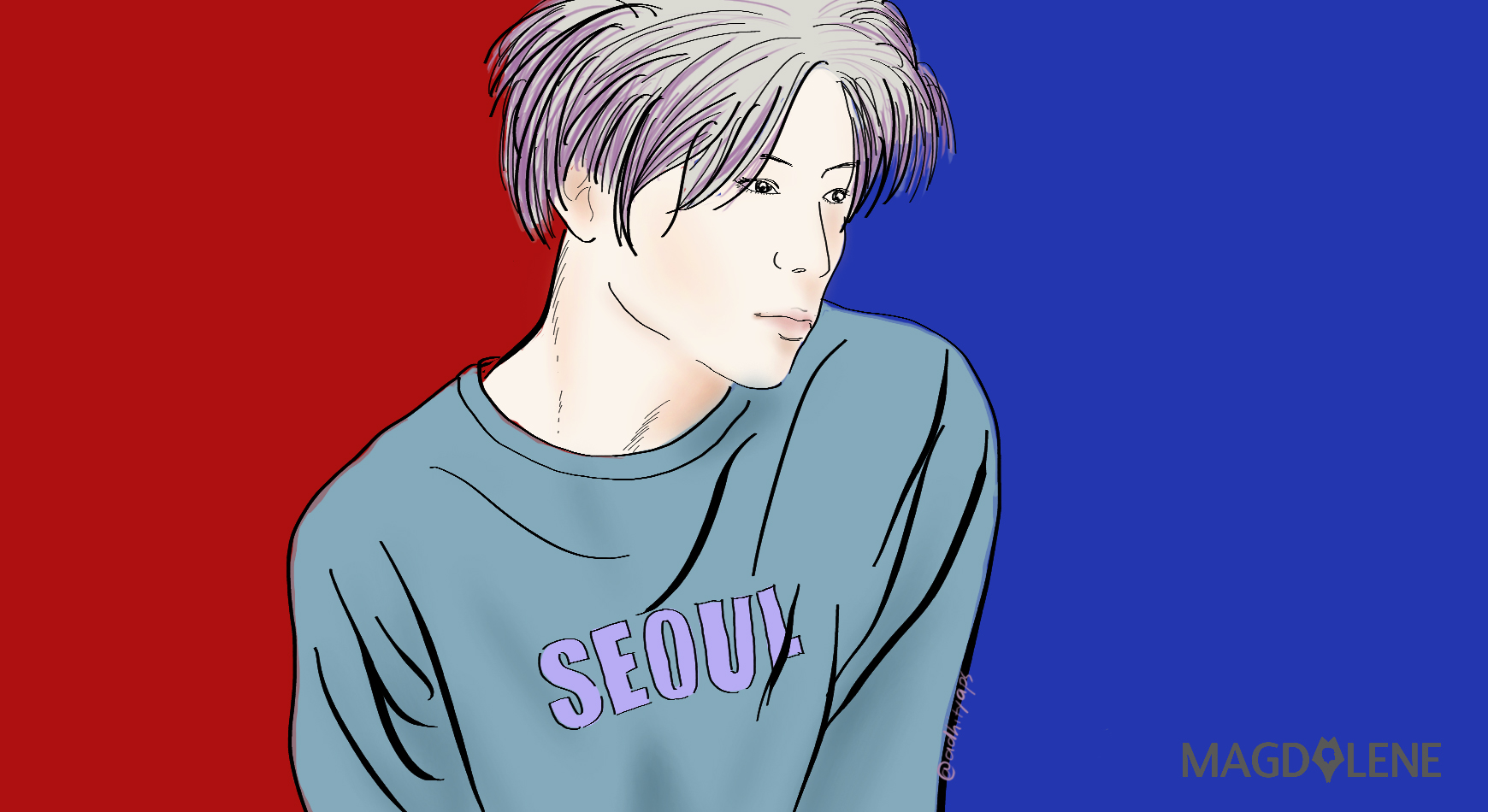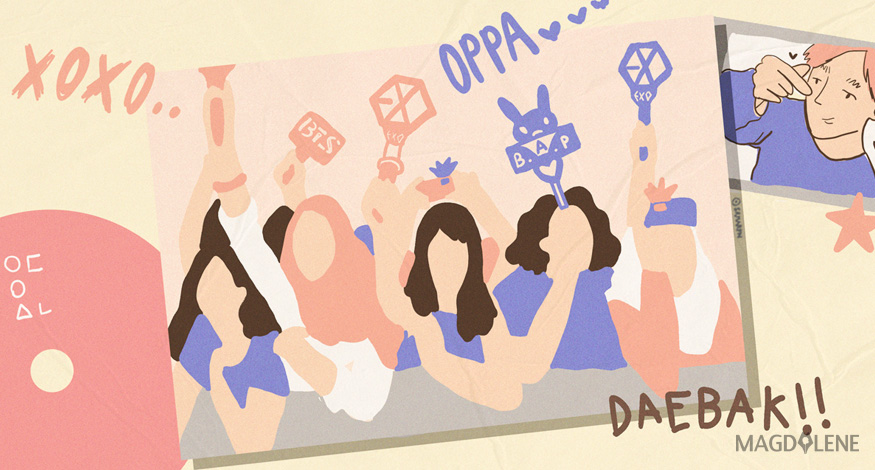BTS and ARMY: Dismantling Western Hegemony, Breaking Stereotypes
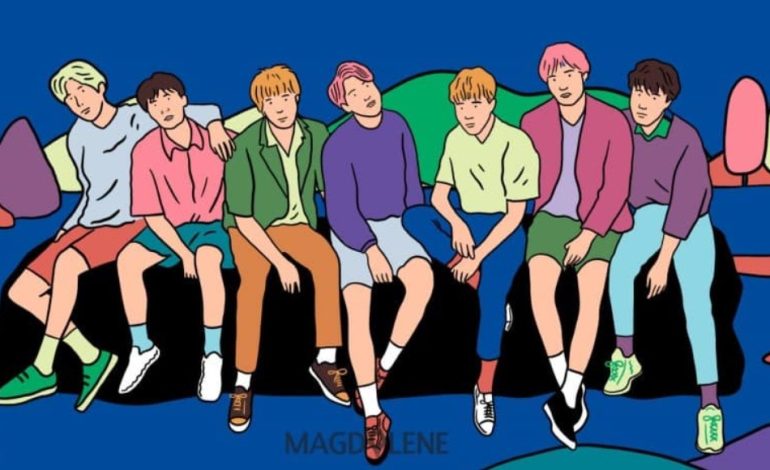
Eleven days after it was released on August 21st, the single “Dynamite” from idol group BTS rocketed to the top of the Billboard Hot 100. They beat Cardi B and Megan Thee Stallion’s collaboration in “WAP,” and became the first South Korean musicians who managed to reach Number 1 on that U.S. chart.
The success of “Dynamite” doesn’t just stop there. Released as a solace during the pandemic and packed with cheerful rhythm and dynamic beats, the music video became the most watched on YouTube within 24 hours of its launch reaching about 101.1 million views. Moreover, “Dynamite” has reached 40 million streams on Spotify since its first week. This is just a small portion of BTS’s success, considering that they already have four consecutive Number 1 albums in Billboard 200.
Furthermore, during the 2020 MTV Video Music Award (VMA), which was held virtually on August 30, BTS clocked yet another record. They brought home all the awards from every category they were nominated in: Best K-Pop, Best Pop Video, Best Group and Best Choreography. In the 2019 VMA they received five nominations and won two of them, Best K-Pop and Best Group.
All these achievements are results of the collective efforts of BTS and their fanbase, known as ARMY (Adorable Representative M.C for Youth). It is time for BTS to be recognized as world-class great musicians.

But when we’re talking about BTS and global music awards, the elephant in the room is how the Western music industry puts the group in a very narrow category that reflects the role of capitalistic Western hegemony in the music industry. Topping this is the racist attitude of U.S. radio stations that refuse to play the group’s music just because they’re not from the States and their songs are in Korean.
Karlina Octaviany, an ARMY who works as a digital access program advisor and music journalist, said that in global music awards, Asian musicians always fall into the World Music category. Although BTS has valid data of physical album sales and charts, strong fanbase, and genre-wise they meet the requirements to be classified as pop, they remain boxed in the World Music category.
“That category is also a legacy of racist post-colonialism. Historically, entrenched eurocentrism treats third world countries or Asian countries as “the other.” The K-pop category becomes a specific nomination for one country. Will there be a US Pop or UK Pop category? Of course not!” Karlina said. She was a panelist for a global conference on BTS back in early August called Rhizome Connect.
Also read: The Extreme Pressure Behind the Glamourous K-Pop Industry
As part of Hallyu or the Korean Wave, K-pop is synonymous with music, but the definition does not stop there because it is not a genre. K-pop is an integrated set of content ranging from styles, make-up, choreography, visuals, artistic videos, and, of course, the music itself. If you really listen to it, K-pop musicians bring a variety of genres to the table, from hip-hop and EDM to pop, R&B, alternative, folk, and many others.
In an interview with the Grammy Museum back in 2018, one of BTS’s members, Suga, said that he did not want to define K-pop as a genre, but as an integrated set of contents, a mix of elements that form a unit or an audio-visual package. Therefore, the segregation of South Korean musicians in music awards is questionable.
Astari Laksmiwati, the community content manager of a local e-commerce company and an ARMY, said that categorizing music from certain culture as a means to segregate it is also done to other music.
“Racism and xenophobia are still very strong, and their patterns not only affect BTS, but also Latin and African-American musicians who, to this day, are still being excluded even in their own country. One example is the ‘Urban’ category in Grammys, which drew a lot of criticism and has recently been changed,” she explained. Astari was also a speaker at Rhizome Connect for the “Beyond The Screams: How BTS Affect Our Professional Life” panel.
“BTS’s call to love yourself is a very radical concept. When someone loves themselves, then the so-called standards of living, such as beauty standards, won’t matter anymore.”
“They already marginalize their own citizens, let alone ‘outsiders’ from South Korea. They will be more repressive. Ironically, the exploitation of content is still running despite having a xenophobic feel to it,” she said.
The Western music industry often features BTS to boost their rating, well aware of its huge fanbase. For that capitalistic purpose, BTS is often invited to Western media, with their orientalist point-of-view, which would ask them irrelevant things outside their art and music.
“Which (US musician) do you want to collaborate with the most?” is a question that is often asked. MC Ryan Seacrest once asked a question that showed his lack of knowledge: “So your songs are a mix of Korean and English?” which BTS immediately refuted, “Our songs are always entirely Korean,” (except “Dynamite” of course).
“It’s not out of the need of Western validation, but it becomes the task of fellow K-pop fans to reconstruct the bias that exists in the music industry,” Karlina said.
“Otherwise K-pop will continue to exist in this little pool despite their presence in the United States. What must be dismantled is the western validation, the genre bias, and racist and biased data collection systems. And also improving the perspectives of media reporting,” Karlina stated.
Also read: How Fear of K-pop Highlights Homophobia in Asia
Gender Bias and Mentrification
BTS is short for Bangtan Sonyeondan or Bulletproof Boy Scouts, which is also referred to recently as Beyond the Scene. The seven members—RM (Kim Namjoon), Jin (Kim Seokjin), Suga (Min Yoongi), J-Hope (Jung Hoseok), Jimin (Park Jimin), V (Kim Taehyung), and Jungkook (Jeon Jungkook)—made their debut in 2013 under then-almost-bankrupt Big Hit Entertainment. They are labelled as the underdog, especially because of how difficult it was to compete with the three big entertainment agencies in South Korea.
Instead of being held back by this weakness, BTS, whose members aged 23 to 28, make use of the hard situation to think outside the box and build a creative strategy. They establish a connection with fans based on a sense of mutual care between them. That strong relationship can be seen through the interaction on Twitter and Weverse, a multimedia application launched in 2019 by Big Hit to communicate with fans. Through the app, BTS as musicians can communicate more freely with ARMY.
Astari said that the strong relationship was formed because the characters and figures of the BTS members were very relatable and down to earth. It was also influenced by the company’s good approach.
“I think BTS and Big Hit are one of the pioneers in terms of adaptation of digital platform to interact with fans. When they debuted in 2013, they utilized social media to build a bond with their fans,” she said.
“In the Harvard Business Review, Big Hit revealed that BTS’s social media accounts are not supervised by the company, and it was one of the breakthroughs in the way idols communicate in Korea,” she added.

According to Astari, Big Hit CEO Bang Si Hyuk, who lets BTS take charge of their own social media, is one of the reasons behind their lively interactions with ARMY.
“They upload things that we can relate to. For example, to encourage fans who were dealing with college entrance exam, Yoongi talked about his own experience during exam season, how the other BTS members prepared his lunch for him, his anxiousness to face uncertain future, and other stuff. It was this kind of thing that made us (ARMY) feel close to them,” Astari said.
Unfortunately, the female ARMY are too often assumed as a bunch of fanatical and hysterical teenage girls, even today. When BTS appeared on Saturday Night Live (SNL), that horrible stereotype was perpetuated through a promo video showing the figures of fanatical and hysterical female fans. This depiction of their fans diminished BTS’s role as musicians, who then will be considered only famous because they have a lot of fans, not because of their musicality.
Prameswari Puspa Dewi, an ARMY and Coordinator of the National Program movement of youth called Right Here Right Now, stated that men and women alike can be fanatical.
“What’s the difference between women who are screaming and men who set cars on fire when their (sports) team loses. Their tantrums are almost the same. Men are even more violent,” she said.
According to Puspa, gender bias exists because women are expected to be submissive – in other words, calm and not expressive. When women are free to express themselves, they are considered aggressive, and it becomes a strange sight to see women showing enthusiasm for what they like. This perception reflects the presence of patriarchy.
“In patriarchy, that is what is expected. Male football fanatics are seen as just being very loyal to his team, hence more acceptable than women with their idols,” Puspa explained to Magdalene.
It is reminiscent of the Beatles in their early emergence. They were also identified with screaming fangirls when they first entered the United States music market. Today, the Beatles has, of course, been exalted and acclaimed musically, although the “Beatlemania” was a term used to define a bunch of infatuated teenage girls.
Karlina said that in the fandom’s culture there is mentrification, a phenomenon in a patriarchal society when a thing becomes valuable and acceptable to the public if there is a male validation. Not just the Beatles, Star Trek also used to be consumed mostly by women, and has now become a popular culture product owned by men. Although women are also fans of it, their knowledge of the work would have to be tested first.
“This becomes a fangirl’s struggle to instil the fact that women are equally valid in judging popular culture. We (women) have perspectives, views, critical values, and the ability to be more sensitive in extracting emotions. This becomes a fangirl’s strength, not a weakness,” she said.
“BTS share the same perspective as the people who work on humanity and human rights issues. They greatly encourage self-love, they use music as their medium to speak out.”
Puspa also believes that the public needs to see how a fandom grows up, one of which is by seeing the socio-political activism driven by fans. BTS has a great sense of social responsibility, one of the ways they show it is through their US$ 1 million donation for the Black Lives Matter movement. ARMY followed their steps by donating the same amount for the anti-racism movement.
Indonesian ARMY also tend to follow this positive trail. This week, for example, they donated about Rp4 million for a safe home for women and children survivors of violence which was managed by the non-governmental group the Women’s Association for Justice and Legal Aid (LBH APIK) Jakarta. The donation, which was made on behalf of Jungkook, was a birthday gift from ARMY for the youngest member of BTS whose birthday falls on September 1st.
“In my opinion, many actions were taken and a socio-political awareness occurred because of the transfer of information and cross-generational views. It doesn’t mean that teenagers or young women are not aware socially. In fact, it exists because they both have the same concerns about certain issues,” Puspa said.
Apart from the negative stereotype of fangirl, BTS fans are diverse in age, race, gender identity, and sexual orientation. Being aware of this, BTS does not follow or perpetuate the heteronormative narrative in their song writing – such as when a man sings about love, he is singing to a woman.
“RM wrote the song ‘I Know’ which was sung as a duet with Jungkook. It was a gift for ARMY during BTS’s anniversary event in 2016. And they refer to both male and female (in the song),” Astari said.
“It sounds simple, but in reality, it shows they are a step forward and that they are aware of how diverse their fanbase is,” Astari said.
Another song that contains a gender-neutral pronoun is “Serendipity,” an R&B number sung by Jimin accompanied by a fat calico cat.
Challenging Toxic Masculinity
Putting on make-up? Not a problem for BTS, who later also became a star for South Korean cosmetics brand VT. Wearing a skirt? Why not? They even wore fishnets and lace in a photoshoot session for The Singles Magazine. BTS are not afraid to appear androgynous, a form of resistance against rigid understanding of masculinity
“Patriarchy is firmly rooted and it perceives gender in binary: male and female. Patriarchal society, of course, does not acknowledge the wide spectrum of human beings. Not admitting someone who is outside of that (binary) box in terms of gender is patriarchy. Patriarchy forces men to be strong, not cry, and become the head of the family,” Chika Noya, a gender activist and an ARMY, further explained.
The media also play a role in perpetuating the hegemony of gender role by showing men with cars, and women as the object. When something stands between the two, their presence is not going to be accepted, she said.
“Actually, if you look at BTS, they’re dismantling the stereotype of how a man is supposed to be. They smashed all the symbols that have always been in the grip of patriarchy,” Chika said.

For her, BTS’s wearing make-up resists the stereotype perpetuated by toxic masculinity. Before BTS, several famous musicians have also worn makeup, such as David Bowie, Robert Smith of The Cure, and KISS, the rock band whose members’ faces have full makeup. That the same people who denigrate BTS for wearing makeup revere these legendary musicians exposes their bias.
“This is irrelevant. That’s their identity: being non-binary,” Chika said.
Apart from challenging gender bias, BTS are not afraid to respond to socio-political issues. For example, in the song “Baepsae,” they criticize privileged, upper-class people. They also convey messages for kids who are deliberately turned into robots by the rigid education system, and self-reflective songs such as “00:00 (Zero O’Clock).”
For Chika, who is a Generation X-er and a fan of hip-hop musicians like Public Enemy and Kendrick Lamar, BTS’ call to love yourself is a very radical concept.
“When someone loves themselves, then the so-called standards of living, such as beauty standards, won’t matter anymore,” she said.
In line with Chika, Puspa said that BTS are not afraid to show their support for diverse gender identities, the LGBTIQ community, and are not heteronormative. Through music, they welcome that diversity.
“What’s interesting about BTS is their lyrics are political. The songs are a critique of social class in Korea. They are made by the band members in earnests. As musicians they share the same perspective as the people who work on humanity and human rights issues. They greatly encourage self-love, and, for me, it’s very powerful. They use music as their medium to speak out,” she said.
Translated from the original version in Indonesian by Radhiyya Indra
Illustration by Karina Tungari



